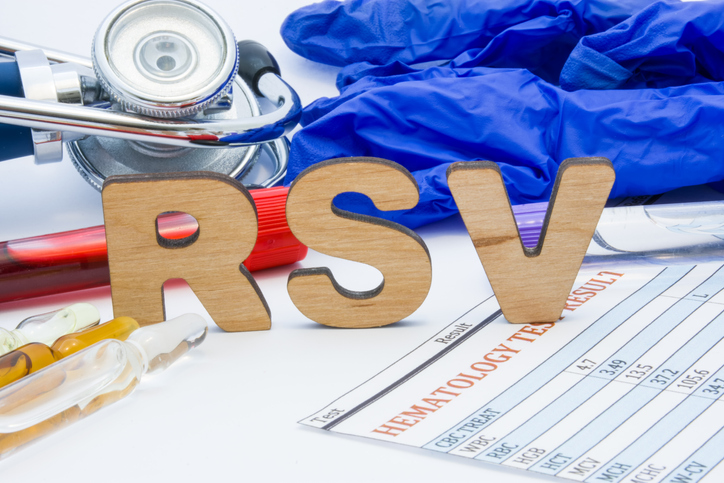It’s the holiday season and that means family parties, neighborhood get-togethers and worship community gatherings! It also means runny noses, sneezes, coughs and Respiratory Syncytial Virus (RSV). While social media and the internet does a fantastic job of freaking out parents about RSV, Alzein Pediatrics is here to help you understand the virus and what it really means for your child.
Respiratory Syncytial Virus (RSV) infects the respiratory tract, causing a cough, sneezing and runny nose. RSV is very contagious, spread when an infected person coughs or sneezes near your child, kisses your child, or if your child touches an infected surface and then touches their eyes, nose or mouth. RSV is usually contagious for about a week, but some people can continue to infect others for up to a month.
RSV is also surprisingly common
Nearly every child will have RSV before their second birthday. Most children will sail right through the symptoms, which, along with the cough, sneezing and runny nose, may bring a decrease in appetite and a fever. When your child experiences these symptoms, care for them by encouraging them to drink lots of fluids throughout the day, relieving runny noses with a bulb syringe and saline drops or frequent nose blowing (with thorough hand washing to follow) and using a cool mist humidifier. Your child should recover in about a week or so, with no need for medical intervention.
Alarming symptoms and risks with RSV
RSV is a cause for concern infrequently, but parents should be aware of risk factors and alarming symptoms. Nearly 2% of children who experience RSV will need medical care or hospitalization which could include oxygen, IV fluids or medications. Children at risk for severe RSV complications include
- Babies born prematurely
- Any infant younger than 6 month
- Children younger than 2 years with chronic lung or heart disease
- Children with weakened immune systems, including children who have recently been ill.
- Children who have difficulty swallowing or blowing their nose
- Children with neuromuscular challenges
Bring your child to Urgent Care if you notice:
- Your infant has a runny nose for more than a couple of days
- A marked decrease in appetite, refusal to breast or bottle feed
- A whistling or wheezing noise while breathing
- The cough brings up mucus that is yellow, green or gray
- Dehydration, such as crying without tears, a dry diaper for more than 6 hours or dry skin
If your child begins to breathe very quickly, stops breathing while awake or asleep, seems lethargic or has a bluish cast about lips, fingernails or toenails, call 9-1-1 or get to a hospital Emergency Room immediately.
Avoid RSV for the whole family:
- Wash hands frequently, especially after toileting, nose blowing and before eating
- Clean and disinfect your home frequently, especially when any family member has a cold
- Keep your children away from cigarette and tobacco smoke or vaping
- Tell people to wash hands before they touch your children
- Don’t kiss your child if you have a cold
- Keep your children away from other people who have colds, including other family members
Worried that your infant is developing pneumonia or bronchiolitis? Don’t wait – bring them into our Urgent Care at 5106 Museum Drive in Oak Lawn or call our offices at 708-424-7600. Alzein Pediatrics is here to keep your children healthy and happy!


